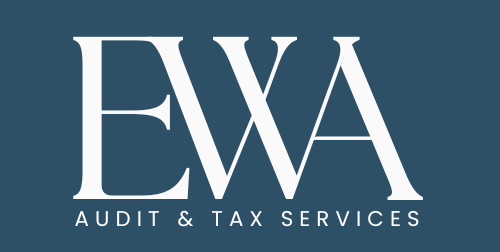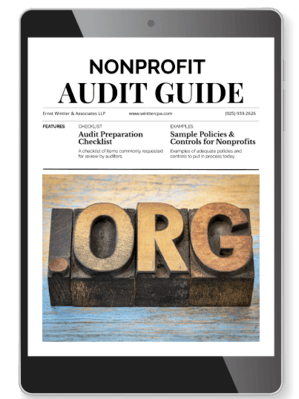Starting a small business is an enormous task, and as you move forward, there are many important decisions to make. Are you operating under the calendar or fiscal year? As a small business owner, you might have the opportunity to choose the fiscal or calendar tax year that your organization operates under.
Which Tax Year is Right for My Small Business?
The tax year is the accounting period that your small business uses to report your business expenses, along with your business income. Most U.S. businesses report their income to the IRS on a calendar year; however, some are allowed to report on a fiscal year. There are pros and cons to each option. What’s important to remember is the law requires you to be consistent, from year to year.The Calendar Tax Year
Many small business owners use the calendar year reporting method because of its simplicity and similarity to individual taxpayer procedures. The calendar method works just as it sounds. Reporting takes place on an annual basis, from the first of January to the end of December. If you are a sole proprietor, partnership, limited liablity company or S corporation calendar year method may be required. For the most part, anyone can adopt the calendar year. If any of the following are applicable, the IRS requires that you adopt the calendar year:- You do not keep formal business records
- You have no annual accounting period
- A provision of the Internal Revenue Code or tax regulations require you to use a calendar year.








